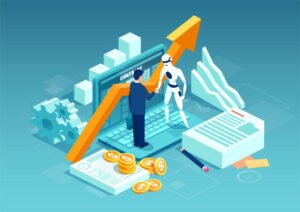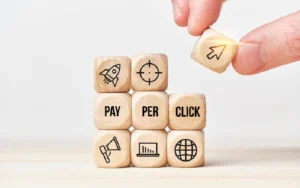How Profitable is Artificial Intelligence For Our Lives?
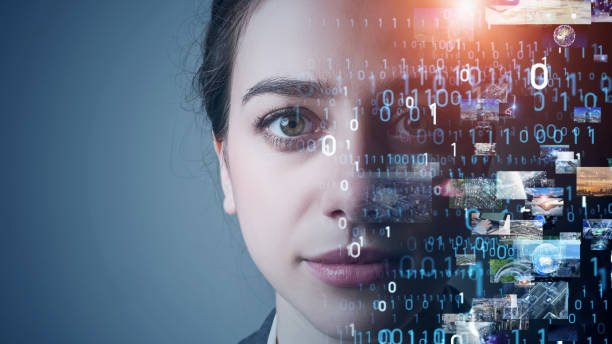
Artificial Intelligence has been making headlines lately with some big announcements from tech giants like Facebook and Google. But what exactly is AI, and why are people so excited about it? In this article, we’ll explore the basics of AI and see how it can be used in our everyday lives.
Artificial intelligence is quickly becoming a staple in our lives, whether we realize it or not. From the way we shop to how we communicate, AI has become an integral part of our lives and will only continue to grow in importance in the years to come.
While there are certainly concerns about where this technology is headed and what potential dangers it may bring, for now, I believe that artificial intelligence offers great opportunities for both business and individual users alike. If you’re interested in learning more about how AI can benefit your life, keep reading!
What is Artificial Intelligence?
Artificial intelligence is the process of creating a computer system that can independently reason and act or respond to questions posed in natural language.
The potential applications of artificial intelligence are vast and range from finding new oil reserves, to fighting cancer, to designing more efficient cars.
However, just because artificial intelligence is capable of doing something doesn’t mean we should use it. For example, while AI could help us find new oil reserves, it could also cause environmental damage in the process.
There are also ethical concerns surrounding artificial intelligence. For example, some people worry that AI will eventually be able to create intelligent machines that can outsmart us, humans, leading to machines that control us instead of us controlling them.
Types of Artificial Intelligence
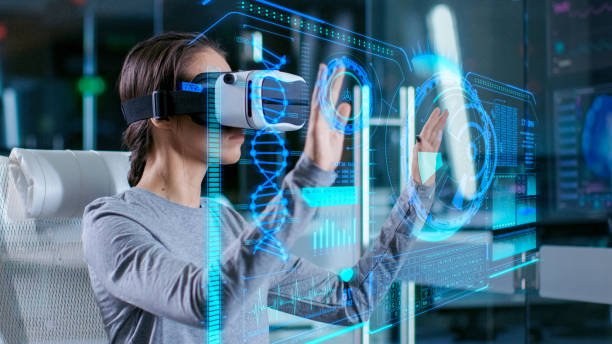
Artificial intelligence is a growing industry, with many different types of AI. This article will discuss the different types of AI and how profitable they are for our lives.
There are three main types of AI: cognitive computing, natural language processing, and machine learning. Cognitive computing is when a computer can “think” like a human. Natural language processing is when a computer can understand and respond to human speech. Machine learning is when a computer can learn from data, usually by making mistakes and improving over time.
Cognitive computing is the most profitable type of AI for our lives. Cognitive computing can help us with tasks such as financial planning, scheduling, and finding information. cognitive computing can also help us with things like driving cars and making medical decisions.
Natural language processing is less profitable than cognitive computing, but it’s still important. Natural language processing helps us communicate with computers more effectively. It can also help us automate tasks such as filling out forms or writing emails.
Machine learning is the least profitable type of AI for our lives. Machine learning allows computers to learn from data without being taught specifically how to do so. Machine learning can be used to predict outcomes in games.
Ways Artificial Intelligence Can Impact Our Lives
Artificial intelligence has been around for a while and has been used in a variety of ways. It can be used to help with tasks such as routing traffic or recognizing faces. While it’s not yet perfect, the potential for artificial intelligence is huge. Here are five ways AI can impact our lives.
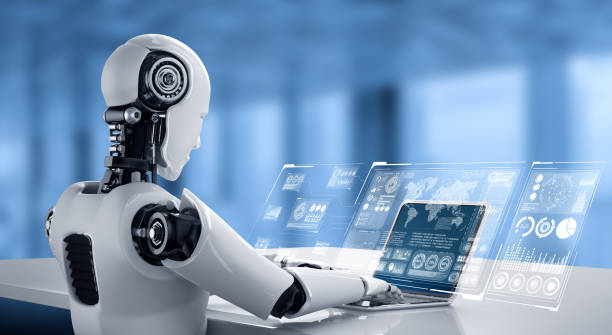
Artificial intelligence has been around for a while and has been used in a variety of ways. It can be used to help with tasks such as routing traffic or recognizing faces. While it’s not yet perfect, the potential for artificial intelligence is huge. Here are five ways AI can impact our lives.
Ways Artificial Intelligence Can Impact Our Lives:
1) Intelligent Surveillance: AI can be used to create intelligent surveillance systems that can detect and track objects and people. This could be used for security purposes, or to monitor activity in a specific area.
2) Personal Assistants: AI can be used to create personal assistants that can carry out simple tasks on our behalf. These assistants could take the form of chatbots or digital assistants that can perform complex tasks.
3) Healthcare: AI can be used to improve the accuracy of medical diagnoses and help doctors make better decisions. This could reduce the number of mistakes made by doctors, and potentially save lives.
4) Assist with everyday tasks- AI can assist us with mundane tasks such as scheduling appointments, ordering food, and filling out forms by performing certain tasks for us automatically. This technology can save time and hassle for those who have trouble performing these tasks on their own.
5). Make medical decisions- AI can help doctors make medical decisions by assisting in the analysis of data sets and identifying patterns that may not be evident to humans alone. This technology could revolutionize the way doctors diagnose and treat patients, making life safer for all involved.
What are Some Other benefits of Artificial Intelligence?
There are many other benefits to artificial intelligence (AI), such as reducing traffic congestion, improving efficiency, and increasing safety. Here are some of the others:
1. AI can help reduce traffic congestion. Traffic congestion is a major problem in many cities, and it’s getting worse. AI can help find and fix problems early, which could prevent accidents and make roads more efficient.
2. AI can improve efficiency. AI can help businesses be more efficient by doing things like improving inventory management or finding new ways to market their products. This can save businesses a lot of money and time.
3. AI can increase safety. AI can help us avoid accidents by warning us about potential dangers before they happen or helping us take action to prevent them from happening in the first place. This could save lives and make our communities safer overall.
Conclusion
Artificial intelligence (AI) is quickly becoming a necessary part of our lives, whether we’re aware of it or not. In this rapidly changing world, AI has the potential to make our lives easier in countless ways, from automating mundane tasks to providing us with insights into complex problems. However, as AI continues to develop and evolve, we must understand its profitability in our everyday lives.

Lyle Vasquez is a technology blogger based in Connecticut. He has been passionate about technology since early childhood when he used to take apart and rebuild computers in his parent’s garage. Lyle’s tech-related blog posts are written to help others learn how to use the latest technology tools and devices. He loves to find new ways to integrate technology into everyday life. Lyle is a great resource for tech enthusiasts looking to stay up to date on the latest technologies.

